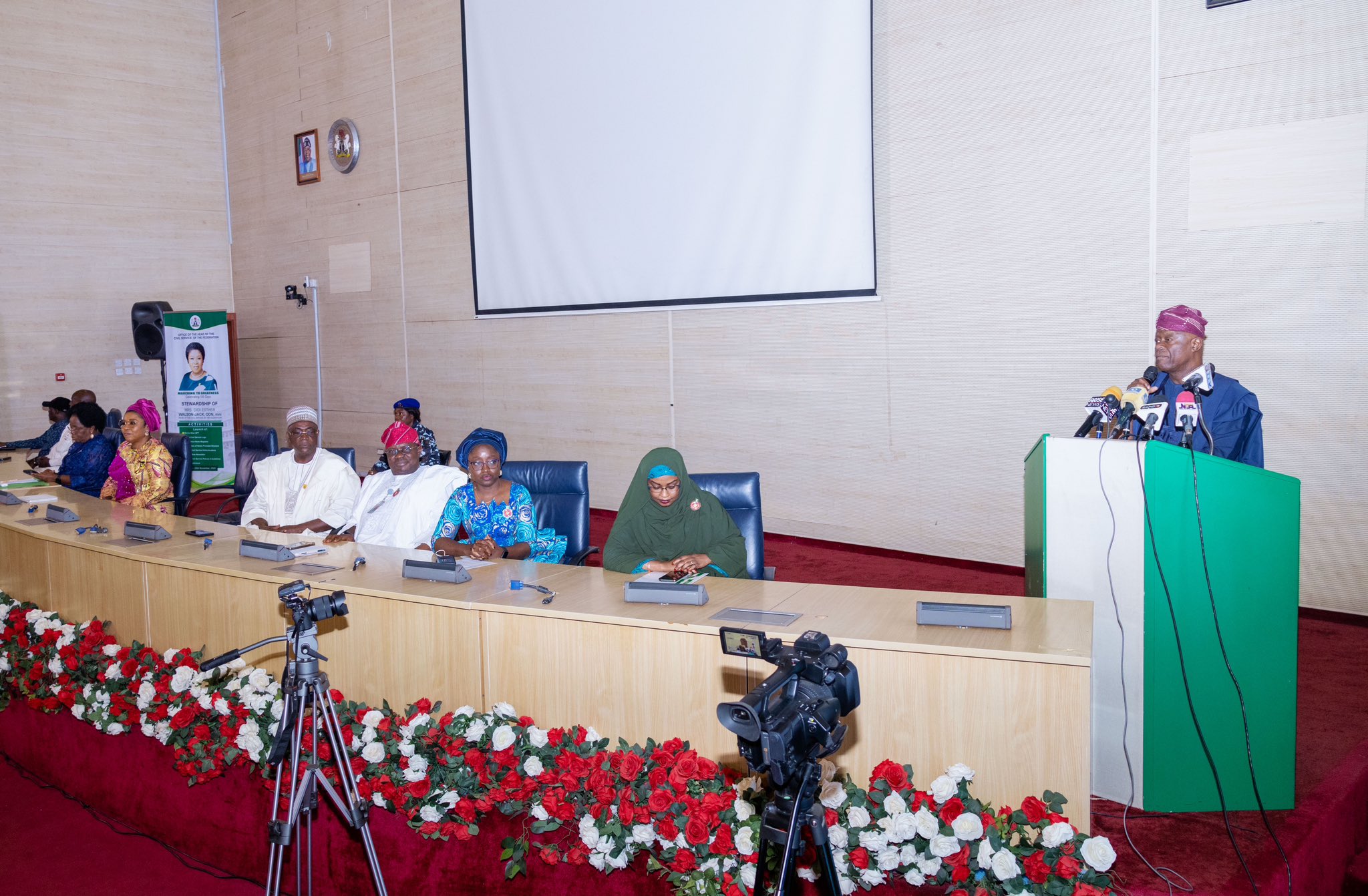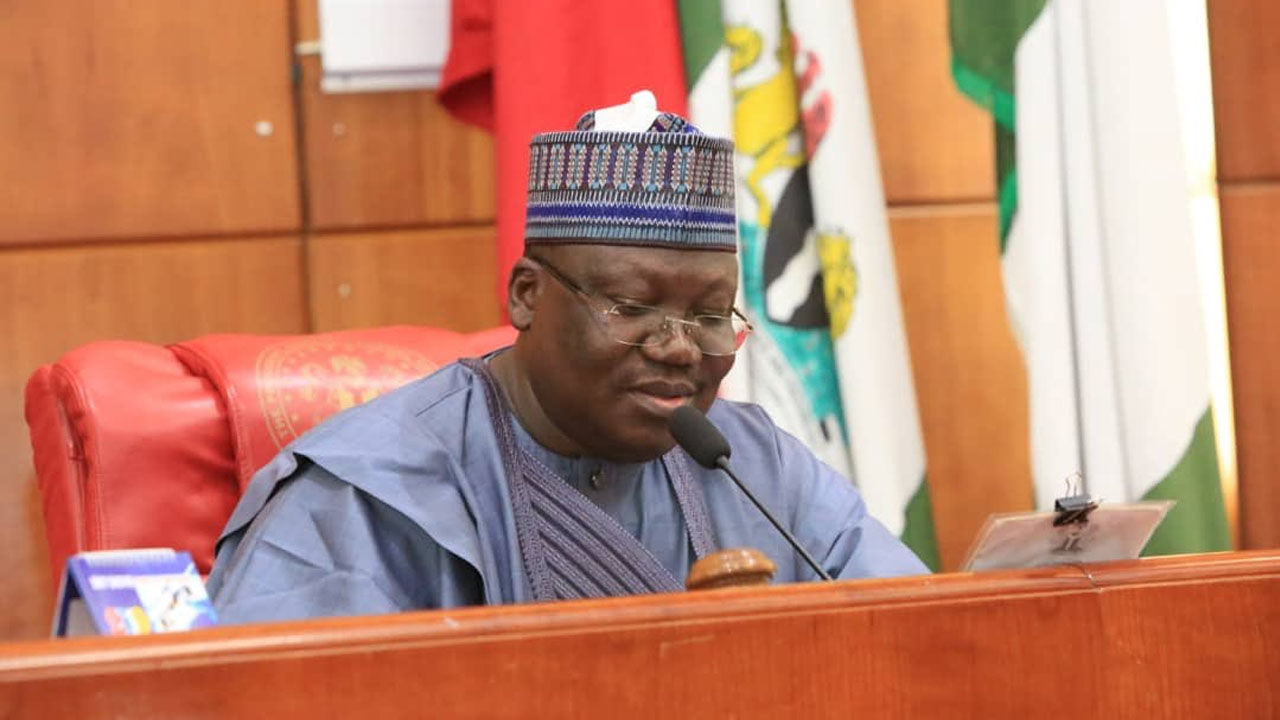
The Minister of Finance and Coordinating Minister of the Economy, Wale Edun has urged Lagos and other state governments to expand its economic base by leveraging underutilised state-owned assets and liabilities, such as land titles and properties, to attract investments and unlock additional revenue streams.
The minister also highlighted the need for innovative approaches to bolster Lagos’ economy beyond its current Gross Domestic Product (GDP) contributions, which account for approximately 25 per cent of Nigeria’s total GDP.
Edun made this call yesterday at the Lagos State Eko Revenue Plus Summit 2024, themed “Unlocking New Revenue Streams for Lagos State.”
He stressed that with Lagos State’s 2025 budget projected at N3.5 trillion, there is a pressing need for increased investment to match the state’s economic scale.
Edun proposed developing comprehensive registers of state-owned assets and liabilities, fostering private sector growth and implementing systems to monetise underutilised resources.
The minister stated that while Lagos contributes significantly to Nigeria’s GDP, its budget is only a fraction of the Federal Government’s over N40 trillion budget.
He advised Lagos to prioritise aligning its resources with its GDP contributions by adopting blended financing models, which include concessionary rates to encourage private sector participation in long-term projects.
The minister cited successful initiatives like real estate investment funds as examples of effective public-private collaborations for delivering large-scale projects.
“We discovered significant gaps in revenue collection due to non-digitised land records and uncollected taxes. These inefficiencies limit the state’s ability to fully capitalize on its assets,” he noted.
Edun also emphasised the benefits of public-private partnerships (PPPs), which attract both private sector and international investments, blending funds to achieve lower financing costs and greater economic impact.
He called for stronger partnerships between Lagos State and the Federal Government to deliver transformative projects with nationwide benefits.
“Lagos must recognise that its success directly impacts Nigeria’s economy. Recent agreements with China on green infrastructure highlight the importance of collaboration for sustainable development,” he added.
Edun further revealed that improved asset digitisation and management could generate up to $1 billion for developmental projects.
The Special Adviser to the Lagos State Governor on Taxation and Revenue, Mr. Opeyemi Ogunjobi, highlighted the state’s progress in modernising its revenue systems through key innovations such as deploying Artificial Intelligence (AI), a Unique Payer Identification (ID) portal, and enhanced legal frameworks to improve enforcement and compliance.
He explained that these advancements are designed to ease business processes, streamline revenue collection, and ensure all Lagos residents and businesses contribute their fair share.
Ogunjobi outlined five strategic sectors identified as drivers of new revenue streams which are the digital economy, the informal sector, circular economy initiatives, fixed and movable property assets, and renewable energy expansion.
According to Ogunjobi, these sectors could diversify Lagos’ economy, increasing its revenue base by 30–40 per cent in the short term and over 75 per cent in the long term.
On his part, the Lagos State Commissioner for Finance, Mr. Abayomi Oluyomi, showcased significant strides in harnessing Internally Generated Revenue (IGR) to support critical sectors such as food security, education, healthcare and transportation.
Oluyomi highlighted the vital contributions of the organised private sector (OPS) and small and medium enterprises (SMEs), which serve as the backbone of Lagos’ economy.
He outlined the key industries driving employment and tax revenue to include financial services, telecommunications, oil and gas, manufacturing, retail, logistics, hospitality and the creative sector.
He said these dynamic industries reflect Lagos’ economic potential noting that everyone must address challenges like underreporting, tax evasion, and inefficiencies to unlock their full capacity.
Oluyomi also underscored Lagos’ commitment to sustainable financing, ensuring that developmental needs are met without compromising future generations.
He said the state remains focused on inclusive economic growth, social development, and environmental sustainability.






